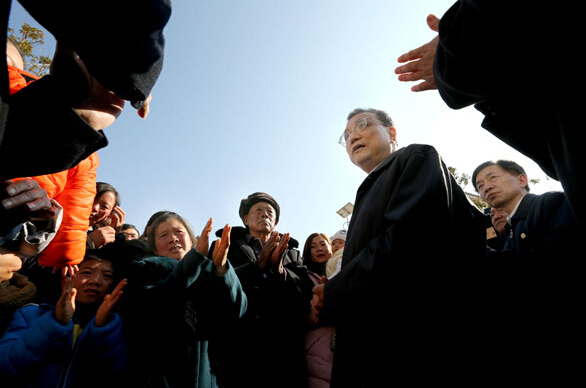China mulls revision of maritime safety law
China is considering revisions to the 1984 Maritime Traffic Safety Law to prioritize searches for survivors over searches for property.
The Legislative Affairs Office of the State Council announced Tuesday it is soliciting public opinions on revisions.
The draft states that it is the right of the people in distress at sea to be rescued without charge, adding that life should come before the environment and assets.
Passengers have the right to be informed of developments during maritime accidents when vessels are in distress, and are obliged to obey the instructions of the captain, the draft reads.
The captain should organize evacuation and be the last to leave the vessel if it is to be abandoned.
The State Council and local governments should set up maritime search and rescue centers, if needed, to organize, coordinate and command rescue operations.
In addition to professional maritime rescue teams established by the government, civilian groups are also encouraged to set up rescue teams and participate in operations.
Crews of vessels and maritime facilities are forbidden from concealing, delaying or falsifying reports on maritime accidents.
According to the white paper “Development of China’s Transport,” an efficient safety regime and maritime emergency aid system has been established in China.
The white paper, released in December, said the nation has improved its maritime search and rescue capability and increased the number of volunteers.

